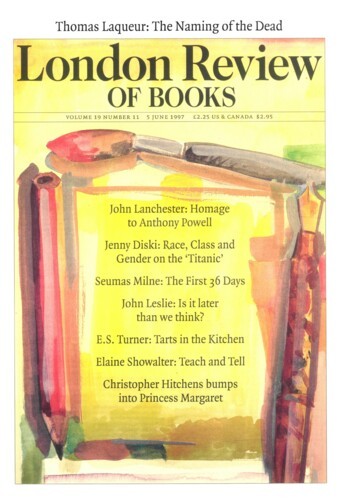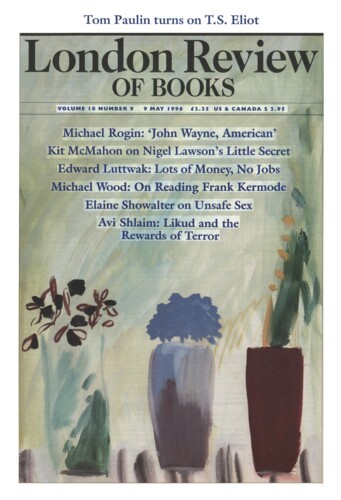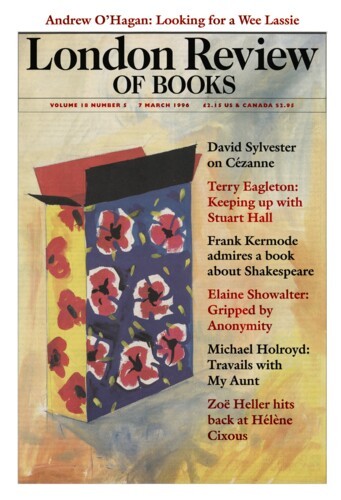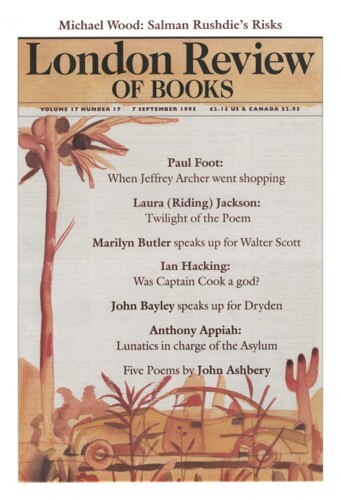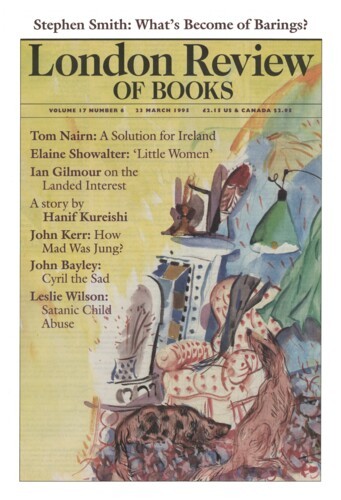In 1973, having finished a doctoral dissertation on Nabokov, Bobbie Ann Mason found herself compulsively rereading her favourite childhood books: series fiction about daring girl detectives, especially Nancy Drew. Admitting to such low tastes in the Seventies was like confessing a fondness for Hello! magazine today. Graduate schools regarded an interest in popular culture as a sign of intellectual frivolity, and demanded Leavisite vows (or appearances) of poverty and high culture. I still remember the shock and disdain of two senior professors whom my husband and I invited to join us at the original screen version of Village of the Damned; they restricted their movie-going to the annual Bergman film, always sufficiently depressing to count as Art. Thus Mason is quaintly self-conscious and defensive about her tastes, pointing out that while historians of children’s literature dismiss the series books as ‘bad habits’, they constitute the primary reading that shaped the desires and fantasies of millions of American girls; ‘even Lolita must have read Nancy Drew.’ In fact, 1973 was something of a turning-point for popular culture; Mason proudly notes that the ‘august MLA’ has just scheduled a seminar on juvenile series books. Anticipating the coming rise of cultural studies, Mason predicts the emergence of Scholars of Relevant Trivia, who say: ‘it’s okay for literate people to like kitsch.’
In 1973, having finished a doctoral dissertation on Nabokov, Bobbie Ann Mason found herself compulsively rereading her favourite childhood books: series fiction about daring girl detectives,...
